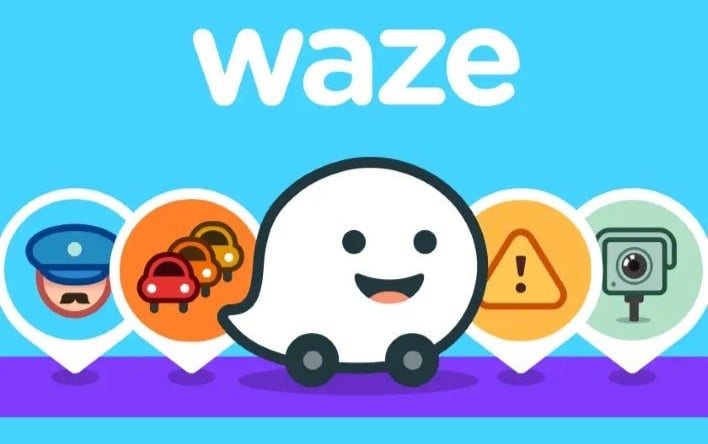Drivers who rely on the
popular navigation app Waze for their daily commute may soon need to consider a hardware upgrade. The Google-owned company is in the process of discontinuing updates for older Android devices, particularly for loyal users who are running Android 9 Pie and older versions.
The change, already noted via in-app notifications for some users and analysis of recent beta versions, means that devices running Android 9,
Android 8 Oreo, and any version before them will no longer receive new features, bug fixes, and security patches. While Waze’s existing functionality will remain operational for the time being, any app support or updates will effectively be frozen in time for those on the aforementioned OSes.
For many this won't be an issue as the vast majority of active smartphones are already running later Android versions. However, the decision is expected to have a notable impact on two specific groups of users. The first are those who use older,
dedicated tablets or smartphones as in-car navigation units. These devices, often repurposed to avoid draining a primary phone’s battery, are frequently not updated beyond their original factory software.

The second, and perhaps more significant, group affected by this change are drivers with older or aftermarket infotainment systems. Many of these Android-based head units, particularly those from smaller manufacturers, were sold with outdated software and never received a single update. These systems are now effectively at a crossroads: either they continue to use the stalemate version of Waze or owners might be forced to consider an alternative. Of course, there's a third group of Wazers who have not upgraded their phones in years, but like dial-up modem users, that's an even smaller subset.
Waze’s decision is part of standard industry practice where developers phase out support for older operating systems to streamline their development process, improve security, and take advantage of new features available on modern software. As Waze continues to innovate with features like
deeper integration with its wider Google ecosystem, maintaining compatibility with every old version of Android becomes an increasingly complex, costly, and time-consuming task.
For users unwilling or unable to upgrade their hardware, alternatives still exist.
Google Maps currently maintains support for a wider range of Android versions, including Android 8 Oreo.


